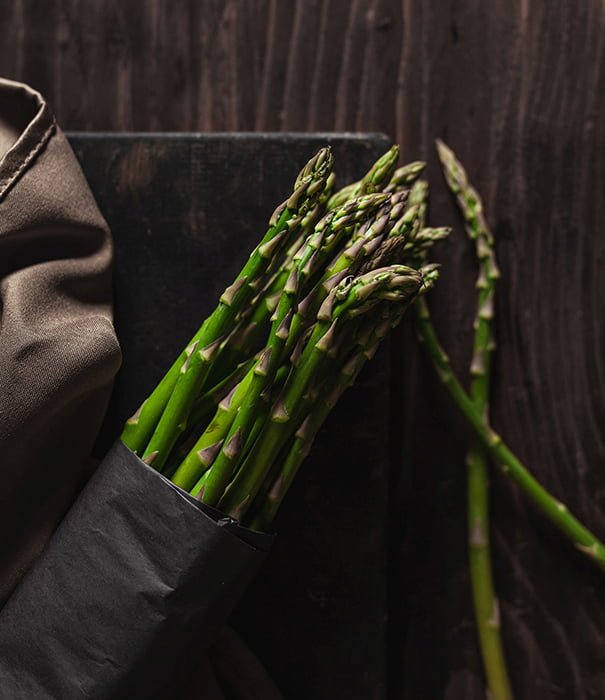Hospitality businesses should factor flexibility into their menu planning to deal with rising food and drink prices over the coming months, says buying specialist Lynx Purchasing.
As the sector reopens after the long winter lockdown, a number of factors are combining to create a “perfect storm” in inflation terms, warns Lynx, as it publishes the Spring 2021 edition of its regular Market Forecast.
Lynx Purchasing managing director Rachel Dobson warns: “It doesn’t take too much uncertainty to disrupt the supply chain, and this spring there are a number of elements of unpredictability all arriving at once.
“The biggest factor among them is reopening itself. Suppliers are having to make educated guesses about levels of demand from their hospitality customers. In terms of numbers, we know that sadly, not every business has survived the lockdown.
“Equally, while there seems to be a considerable level of pent-up consumer demand, it’s not clear whether there will be sustained high levels of spending on eating out, or just a burst of reopening activity that will taper off after a while.
“Added to this are the post-Brexit arrangements for food and drink imports into the UK, which haven’t yet been tested in terms of hospitality supply, due to the lockdown, and globally there’s a shortage of shipping containers which is impacting the price of many food commodities. Covid is also a factor, with supplies from parts of the world that are still struggling with the pandemic likely to take longer to return to normal levels.”
The latest edition of the Market Forecast offers operators an in-depth look at pricing and product trends over the coming months, using exclusive data gathered from the range of suppliers who work with Lynx.
Dobson adds: “Factors such as provenance, seasonality and sustainability are increasingly important to consumers post-pandemic, so there are now even more opportunities for operators that focus their menus on fresh, seasonal UK produce when it’s at its best in terms of quality and availability.
“Fish and seafood is a good example. The fishing industry is reported to be struggling with exports due to increased bureaucracy, so operators who can use flexible menu descriptions such as ‘market fish’ or ‘catch of the day’ will find there’s a choice of high quality, good value produce from UK seafood suppliers. That also supports the seafood industry’s sustainability efforts, which have been in the media spotlight recently. As a general rule, the closer to home that chefs can buy fish and seafood, the better.”
Other menu areas that operators will need to be aware of over the coming months include:
- Meat & Poultry: There has been a reduction in the total supply from meat and poultry producers in the UK and Ireland, which combined with continued strong retail demand is likely to mean higher prices and lower availability for hospitality, particularly of more popular cuts, across the spring and summer. The arrival of the barbecue season will see increases in demand for steak, burgers and poultry. With lamb prices also high, pork is likely to represent the best value for operators.
- Dairy: Increases in cattle feed prices are expected to filter through into the cost of milk, butter and cheese, although a slight increase in UK dairy production is forecast this year, which could help to balance this. The export challenges that premium UK cheese producers have faced since the start of the year offer opportunities for hospitality operators to feature local cheeses on menus.
- Fruit & Veg: Fresh produce suppliers have factored in the increased time and paperwork involved in importing from Europe post-Brexit, but this inevitably has some impact on price. On the plus side, this has seen some UK producers gear up to increase crops of a range of produce including asparagus, tomatoes, cabbage, broccoli and soft fruits. While there are still concerns about the availability of experienced pickers and packers, if this can be addressed, there will be a good choice of seasonal British produce for spring menus.
- Store Cupboard: Products such as sugar, rice, wheat, fruit juice and vegetable oil, which are traded globally, are particularly affected by higher transport costs, with prices likely to increase across the rest of the year. Higher retail demand for these commodities also continues to have an impact on hospitality prices.
Dobson adds: “We’re advising our customers to plan for higher levels of inflation later this year. While suppliers have been able to absorb increases during the lockdown to an extent, operators will need to stay alert to likely changes in pricing over the coming months, and budget accordingly.
“Our key advice is to work with trusted suppliers, and it may be that operators need to strike a balance between the established wholesale suppliers, who have worked hard to put secure arrangements in pace to ensure availability, and their more local suppliers.
“Where genuinely local provenance adds value for customers, it’s worth seeking out, but there are many areas of the menu where local doesn’t automatically mean cheaper or better.”
A FREE copy of the Spring 2021 Market Forecast can be downloaded from the website at www.lynxpurchasing.co.uk. For more information email hello@lynxpurchasing.co.uk.
